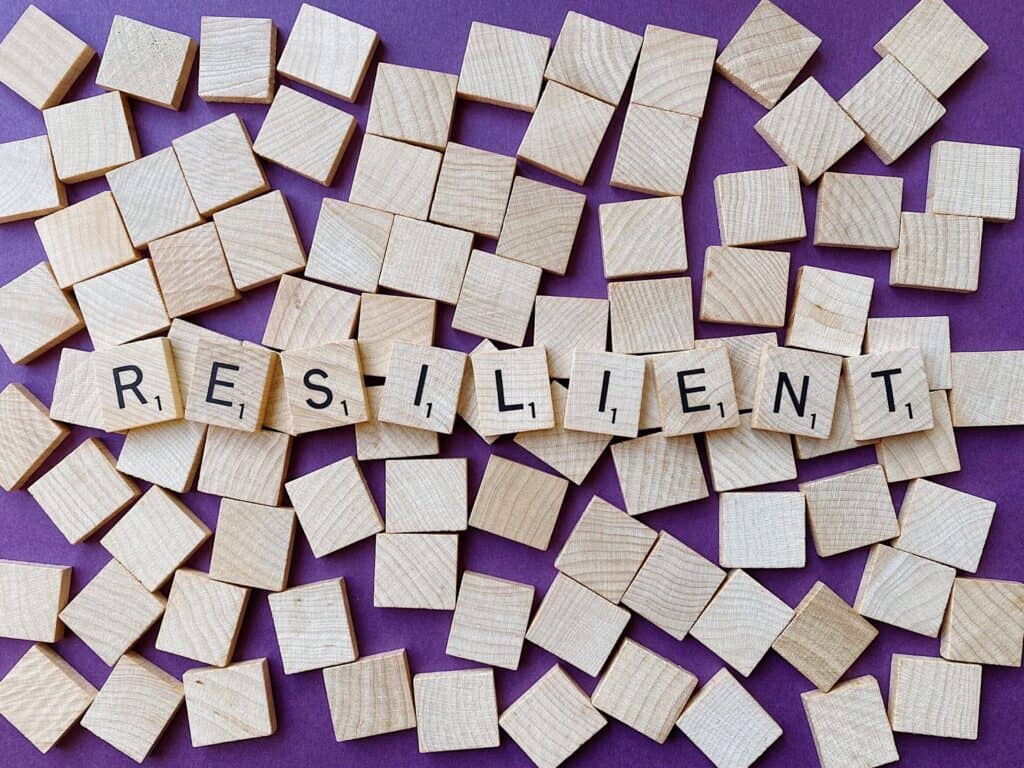Human resilience is a complex and multifaceted construct that has been the subject of research and study for many years. Resilience refers to the ability of individuals to cope with and recover from stress, adversity, and traumatic events. It is a vital aspect of human life, as it enables individuals to adapt to changing circumstances and navigate the challenges of life. This article will briefly explore the history of resilience research, other research on resilience, the meaning of resilience for humanity’s future, and strategies for developing resilience.
The history of resilience research can be traced back to the early 20th century, when researchers first began to study the factors that contribute to the ability of individuals to cope with adversity. Early research focused on the role of individual characteristics, such as personality and temperament, in resilience. However, as research progressed, it became clear that resilience is influenced by a complex interplay of factors, including genetics, environment, and personal characteristics.
Today, resilience research is a rapidly growing field, with researchers studying resilience across a wide range of populations, including children, adults, and older adults. This research has revealed that resilience is influenced by a variety of factors, including social support, coping strategies, and cognitive and emotional regulation. Additionally, researchers have also begun to study the neural mechanisms that underlie resilience, providing new insights into the brain’s ability to adapt to stress and adversity.
The meaning of resilience for humanity’s future is an important area of research. Resilience has the potential to play a critical role in helping individuals and communities to cope with and recover from the challenges of the 21st century, such as climate change, economic instability, and political turmoil. Additionally, resilience has the potential to play a critical role in the development of more sustainable and equitable societies.

Strategies for developing resilience are an important area of research, with many interventions and programs developed to help individuals and communities to build resilience. These interventions include cognitive-behavioral therapy, mindfulness-based interventions, and community-based programs. Additionally, researchers are investigating the use of technology-based interventions, such as mobile apps and virtual reality, as a way to develop resilience. Technology is where there is a growing need for national resilience to be enhanced as the world changes ever faster. Warfare and espionage have changed dramatically in the last 20-30 years and other nations capability to cause fear and damage both physically to national infrastructure, personal computers and to a nations collective psyche carries significant ramifications for governments.
However, If resilience can be developed at the individual level, it follows that it can be developed collectively at the local, national, and international levels in tangible and meaningful ways.
In conclusion, this article has explored the history of resilience research, other research on resilience, the meaning of resilience for humanity’s future, and strategies for developing resilience. Future research should continue to explore the complex interplay of factors that contribute to resilience, and how interventions can be developed to support individuals and communities in building resilience. Additionally, research should continue to focus on the neural mechanisms that underlie resilience, as well as the use of technology-based interventions to develop resilience. The study of resilience is an important aspect of human life, and thankfully will continue to be an important area of research for many years to come.

